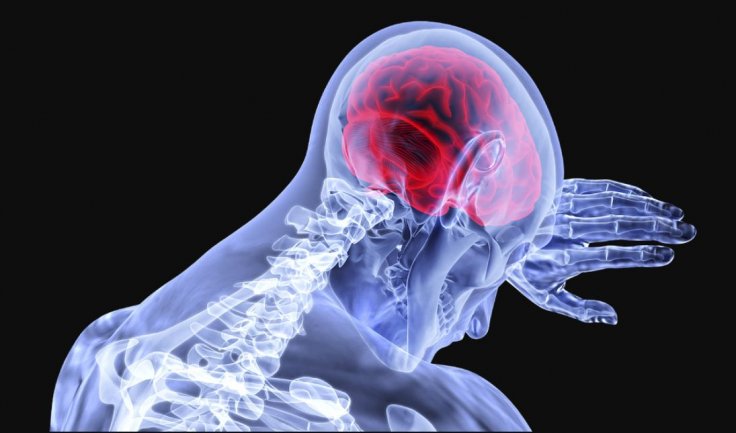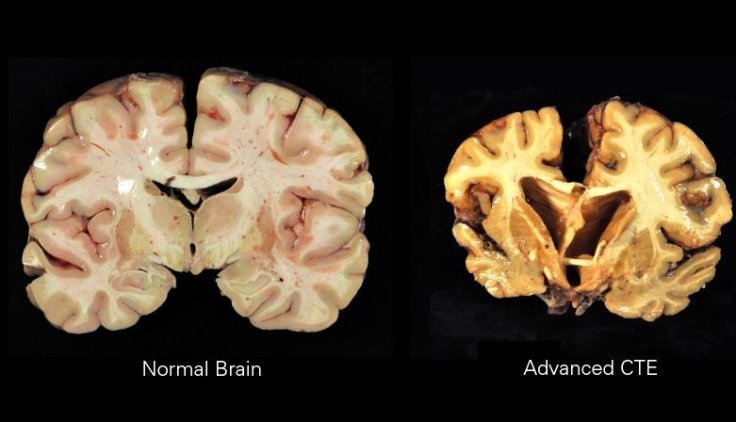A study by Northwestern Medicine in Chicago has revealed that almost one in three Coronavirus patients admitted in hospitals develop encephalopathy—which means the damage or disease that affects the brain function or the structure.
In the US—which tops the list of most affected Coronavirus countries—over 415,000 people have been hospitalized with COVID-19, according to The COVID Tracking Project. After the study was published this week, it has raises serious national concerns as it has highlighted the facts about mental damage caused by the COVID-19.

Encephalopathy
Encephalopathy may be caused by infectious agents—such as bacteria, virus, or prion—metabolic or mitochondrial dysfunction, brain tumor, or increased pressure in the skull. Prolonged exposure to toxic elements, including drugs, paints, industrial chemicals, radiation, and certain metals, chronic progressive trauma, poor nutrition, or lack of oxygen or blood flow to the brain can also trigger such medical conditions.
The Brain and Coronavirus
Dr. Igor Koralnik, a professor of neurology at Northwestern University has treated Several Coronavirus-infected patients in the Northwestern Medicine healthcare system. The expert who is one of the authors of the study said that "encephalopathy, which is characterized by altered mental function ranging from mild confusion to coma, is the most severe neurologic manifestation of COVID-19."
The study, which was published in the Annals of Clinical and Translational Neurology, was conducted on 509 SARS-CoV-2 infected patients within the hospital network in Chicago and its suburbs. As per the study, researchers explored the neurologic manifestations of the Coronavirus caused disease and noticed its presence in 82.3 percent of the COVID-19 patients at some point in the course of the disease.
According to the study the most frequent neurologic manifestations include-

This research revealed that not only patients with encephalopathy less able to look after themselves, but they were also more likely to die within 30 days of being admitted to the hospital.
The study also said that "Neurologic manifestations occur in most hospitalized COVID‐19 patients" and encephalopathy was found to be associated with the "increased morbidity and mortality, independent of respiratory disease severity."
As reported, Dr. Richard Temes, director of the New York-based Center for Neurocritical Care at Northwell Health in Manhasset, said that this study may have only examined the patients admitted at Chicago area hospitals, but the findings are applicable nationally as the Coronavirus caused disease "doesn't respect boundaries, borders or geography.''
He explained that most of the Coronavirus infected people would not endure the harsh symptoms noted in the study, but critically ill patients, who need to stay in ICU and use ventilators, are at the extreme risk for those manifestations.
As per Temes, this new study has highlighted that for survivors of the disease, "their recovery is just beginning... [and] these patients can have longstanding and lingering effects.''









